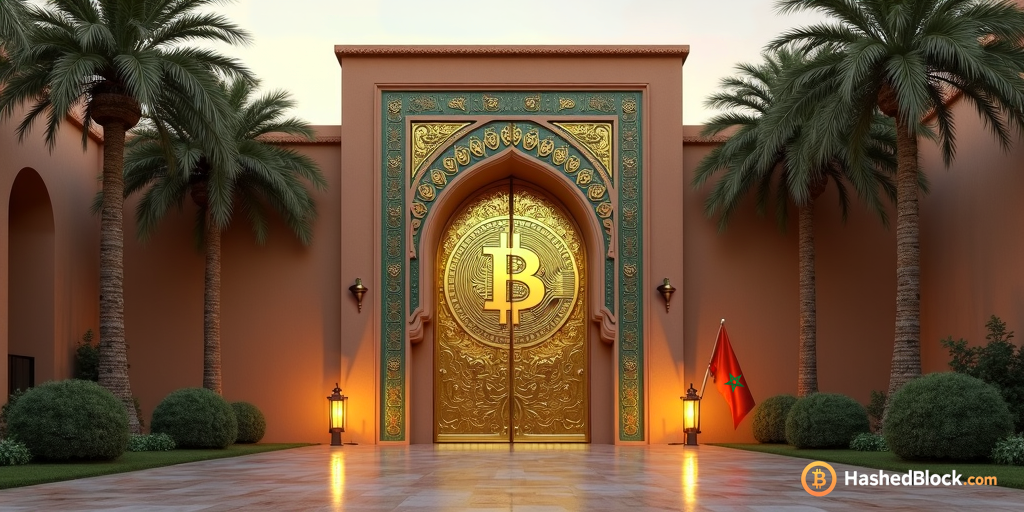In Morocco, Bitcoin operates in a legal grey area. Although cryptocurrency transactions have been officially banned since 2017 by the central bank (Bank Al-Maghrib) and the Foreign Exchange Office, the possession of crypto-assets is not explicitly prohibited. This paradoxical stance reflects the authorities’ hesitation toward a financial technology that is innovative yet still poorly understood.
Regulators highlight the risks associated with anonymity, volatility, and the potential to bypass foreign exchange laws. However, a bill is currently being drafted to regulate the use of cryptocurrencies in a clear and gradual manner, inspired by international best practices—particularly the European regulatory framework, Markets in Crypto-Assets Regulation (MiCA), which is set to come into effect at the end of 2024. This initiative could provide a legal framework for investors, blockchain startups, and Moroccan innovators, while strengthening the security of the financial system.
We have prepared a bill regulating crypto assets, which is currently in the process of being adopted.
Abdellatif Jouahri, Governor of the Central Bank of Morocco
Despite the restrictions, interest in Bitcoin and digital assets remains strong in Morocco. Trading volumes on exchange platforms peer-to-peer such as LocalBitcoins reflect growing adoption. The country also hosts an active community of developers, experts, and enthusiasts who advocate for smart regulation aligned with the Kingdom’s digital ambitions.
The future of Bitcoin in Morocco will thus depend on the government’s ability to shift from a defensive stance to a proactive approach, where innovation and security can coexist.
